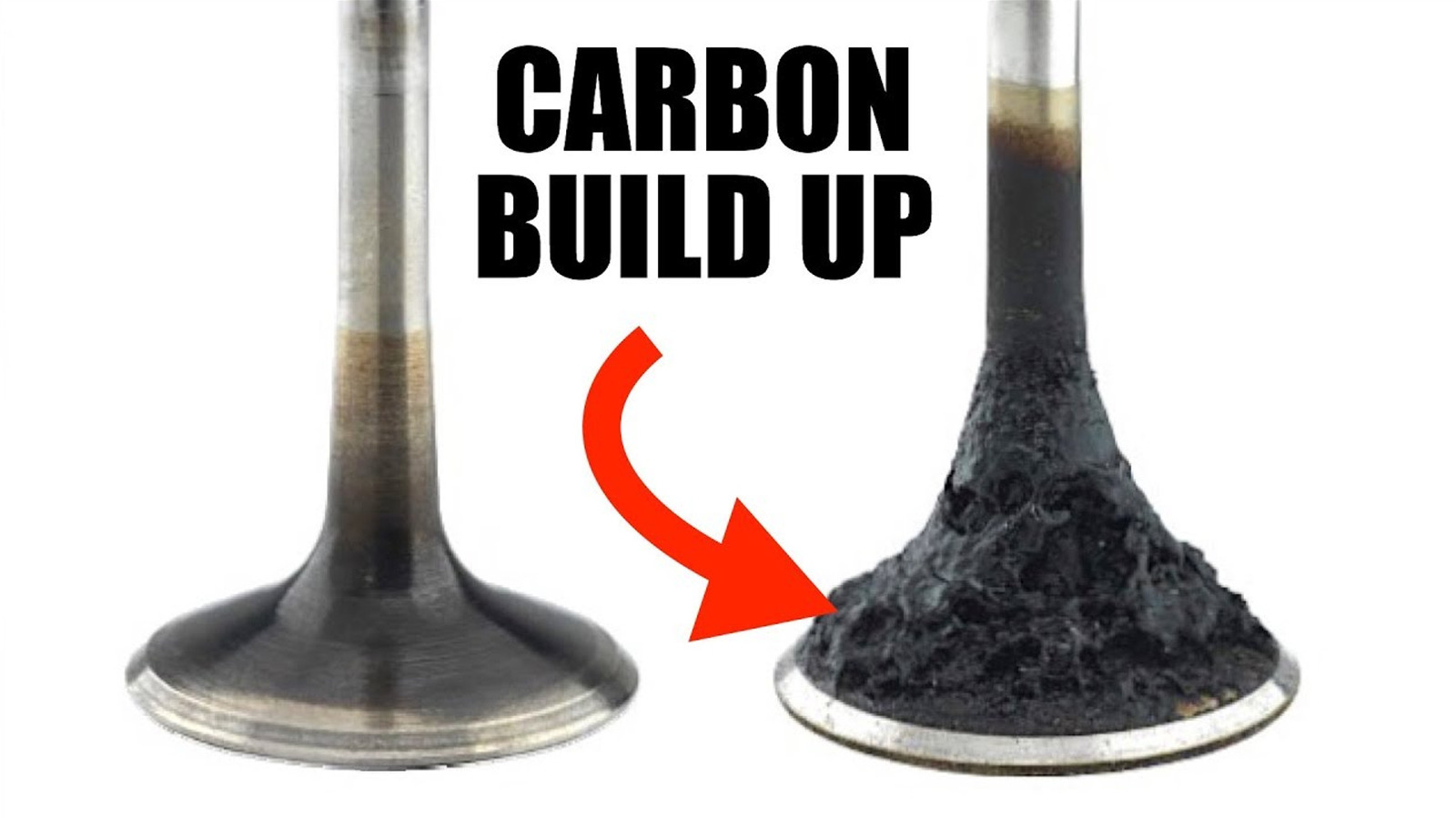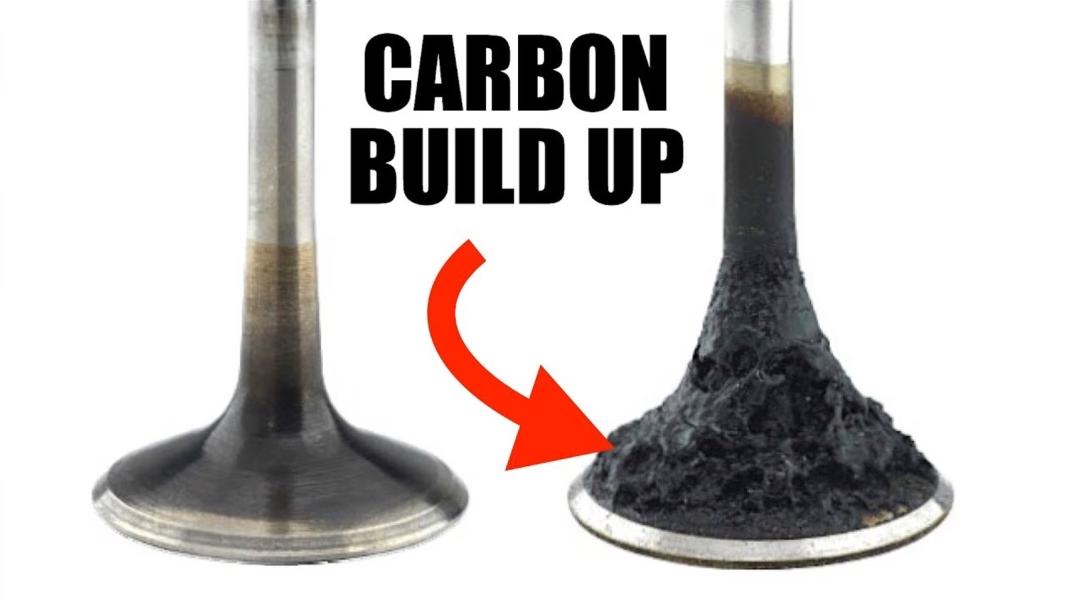Unmanaged carbon buildup in your vehicle can lead to a host of issues that not only affect performance but can also hit your wallet hard. Let’s dive into the nitty-gritty of why keeping carbon at bay is crucial for your car’s health and your driving experience.
What Happens When Carbon Buildup Goes Unchecked?
First off, let’s talk about fuel efficiency. When carbon accumulates in your engine, it creates a barrier that disrupts the normal flow of air and fuel. This means your engine has to work harder to produce the same power, leading to decreased fuel efficiency. You might notice more frequent trips to the gas station, and who wants that?
Then there’s horsepower. If your engine isn’t running smoothly due to carbon deposits, you’ll likely feel a noticeable drop in power. It’s like trying to run a marathon with a backpack full of rocks—exhausting and inefficient. You might find yourself pressing the accelerator harder, only to be met with disappointing results.
And let’s not forget those pesky check engine lights. If your car’s computer detects irregularities caused by carbon buildup, it won’t hesitate to alert you. Ignoring this warning can lead to more significant issues down the line, potentially costing you a pretty penny in repairs.
Misfires are another common consequence. When carbon buildup interferes with the combustion process, it can cause your engine to misfire, leading to rough idling and a less-than-smooth ride. This not only affects your comfort but can also lead to further damage if left unaddressed.
Finally, let’s talk emissions. Excessive carbon buildup can lead to increased emissions, which is not only bad for the environment but can also result in failing emissions tests. This could mean costly repairs or modifications to your vehicle just to get it back on the road legally.
How Can You Prevent Carbon Buildup?
Now that we’ve covered the problems, let’s look at some practical solutions. Regular maintenance is key. This includes oil changes, air filter replacements, and using high-quality fuel. These steps can help minimize the chances of carbon buildup in the first place.
Consider investing in a fuel system cleaner. These products can help break down carbon deposits and keep your engine running smoothly. Just be sure to choose a cleaner that’s compatible with your vehicle.
Another effective method is to schedule periodic engine cleanings. Professional services can use specialized equipment to remove carbon buildup, restoring your engine’s efficiency and performance.
Lastly, adopting a driving style that promotes engine health can make a difference. Avoid short trips whenever possible, as these can prevent your engine from reaching optimal operating temperatures, leading to increased carbon buildup.
The big takeaway? Tackling carbon buildup isn’t about perfection—it’s about smarter adjustments. Start with one change this week, and you’ll likely spot the difference by month’s end. Your engine will thank you, and your wallet will too!


